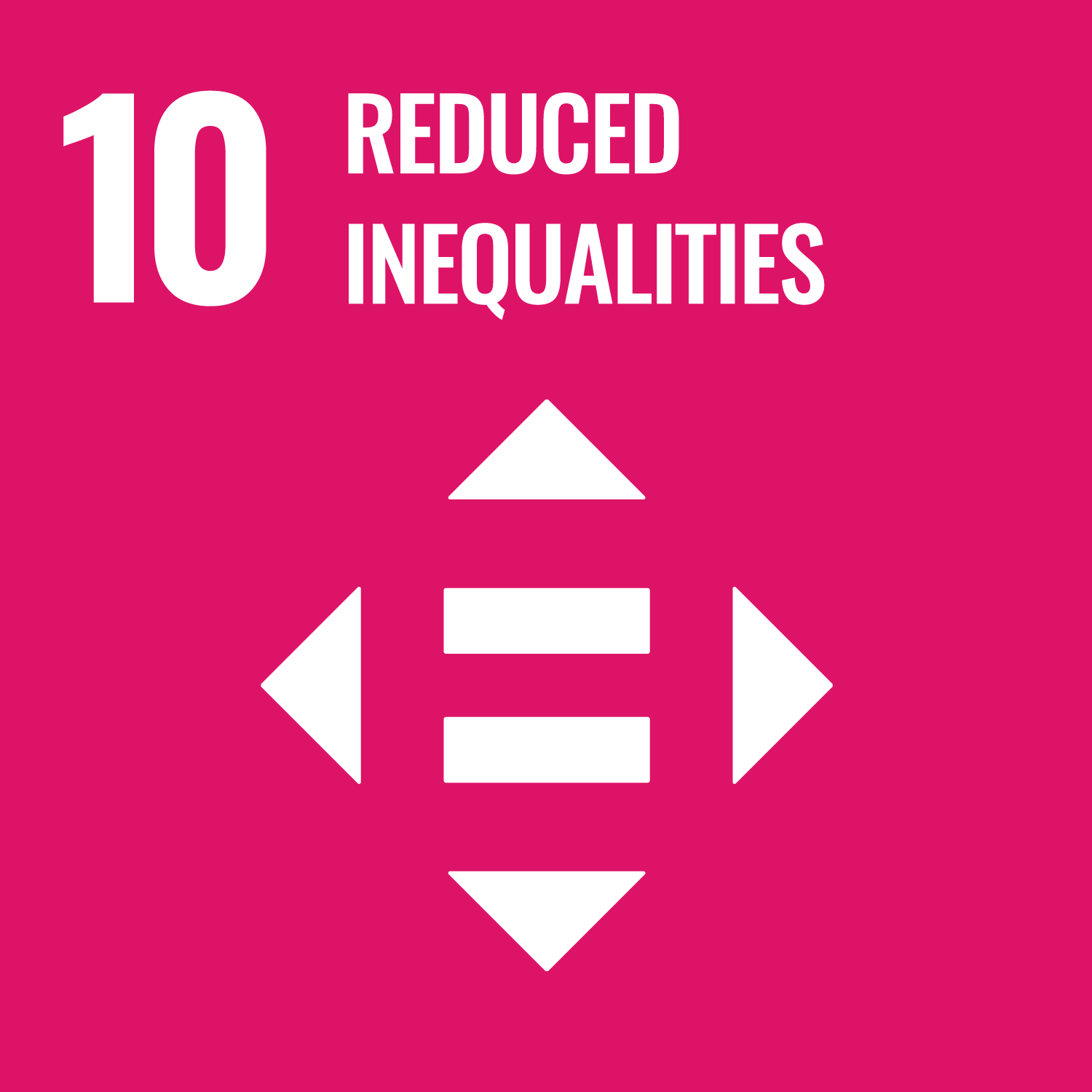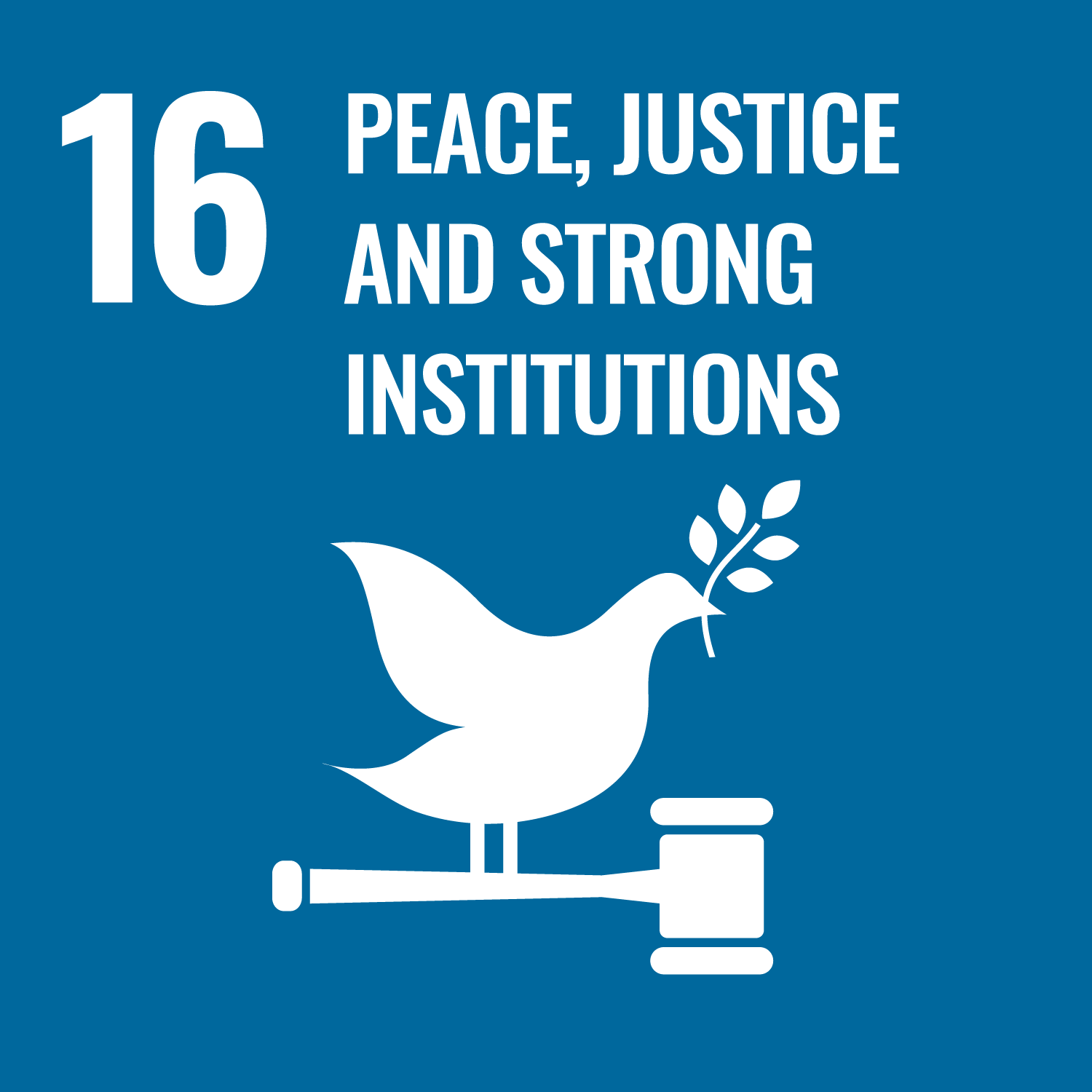ORCID
- Martha Paisi: 0000-0001-5718-008X
Abstract
The number of individuals in England experiencing homelessness, substance use, and involvement with the criminal justice system is increasing. These issues, referred to as severe and multiple disadvantage (SMD), are often interlinked and co-occur. Health inequalities, particularly poor oral health, persist for those facing these inter-related issues and are closely linked with high levels of substance use, smoking, and poor diet. However, evidence for interventions that can improve these health outcomes for those experiencing these issues is limited. This paper outlines the design of a qualitative study which aims to explore the perspectives of stakeholders to understand what interventions can help to support SMD groups with their oral health and related health behaviours (i.e., substance use, smoking, diet). Interviews and focus groups will be undertaken with stakeholders comprising two groups: (1) individuals with experience of SMD, and (2) service providers (staff and volunteers), policy makers, and commissioners who support such individuals. Public involvement and engagement is central to the project. For example, stakeholders and research partners in policy and practice and people with lived experience of SMD will provide input at all stages of this study. Findings from the study will inform an ‘evidence for practice’ briefing outlining recommendations for policy. Dissemination will occur through presentations to a range of practice, policy and academic beneficiaries, and through peer-reviewed publications.
DOI Link
Publication Date
2021-11-09
Publication Title
International Journal of Environmental Research and Public Health
Volume
18
Issue
22
ISSN
1661-7827
Acceptance Date
2021-11-04
Deposit Date
2021-11-30
Embargo Period
2021-12-01
Recommended Citation
Joyes, E., McGowan, L., Adams, E., Paisi, M., Burrows, M., Shabaninejad, H., Beyer, F., Haddow, K., Coyte, A., Landes, D., Moffatt, S., Watt, R., Sniehotta, F., Bambra, C., Craig, D., Kaner, E., & Ramsay, S. (2021) 'Exploring Interventions to Improve the Oral Health and Related Health Behaviours of Adults Experiencing Severe and Multiple Disadvantage: Protocol for a Qualitative Study with Stakeholders', International Journal of Environmental Research and Public Health, 18(22). Available at: 10.3390/ijerph182211755



